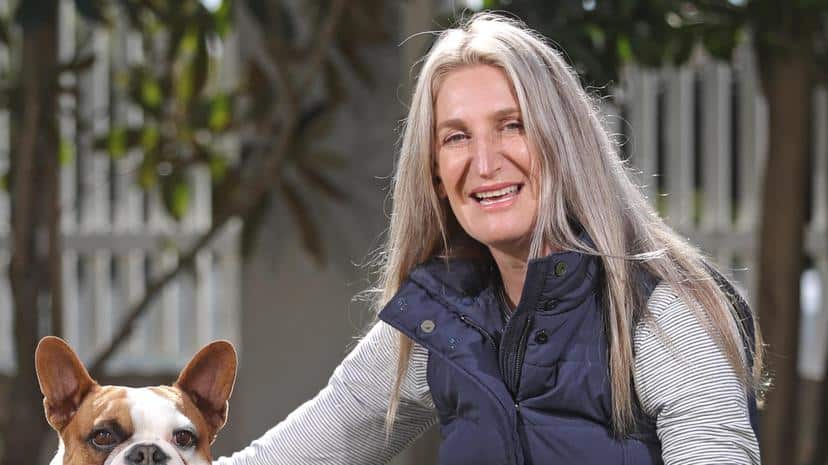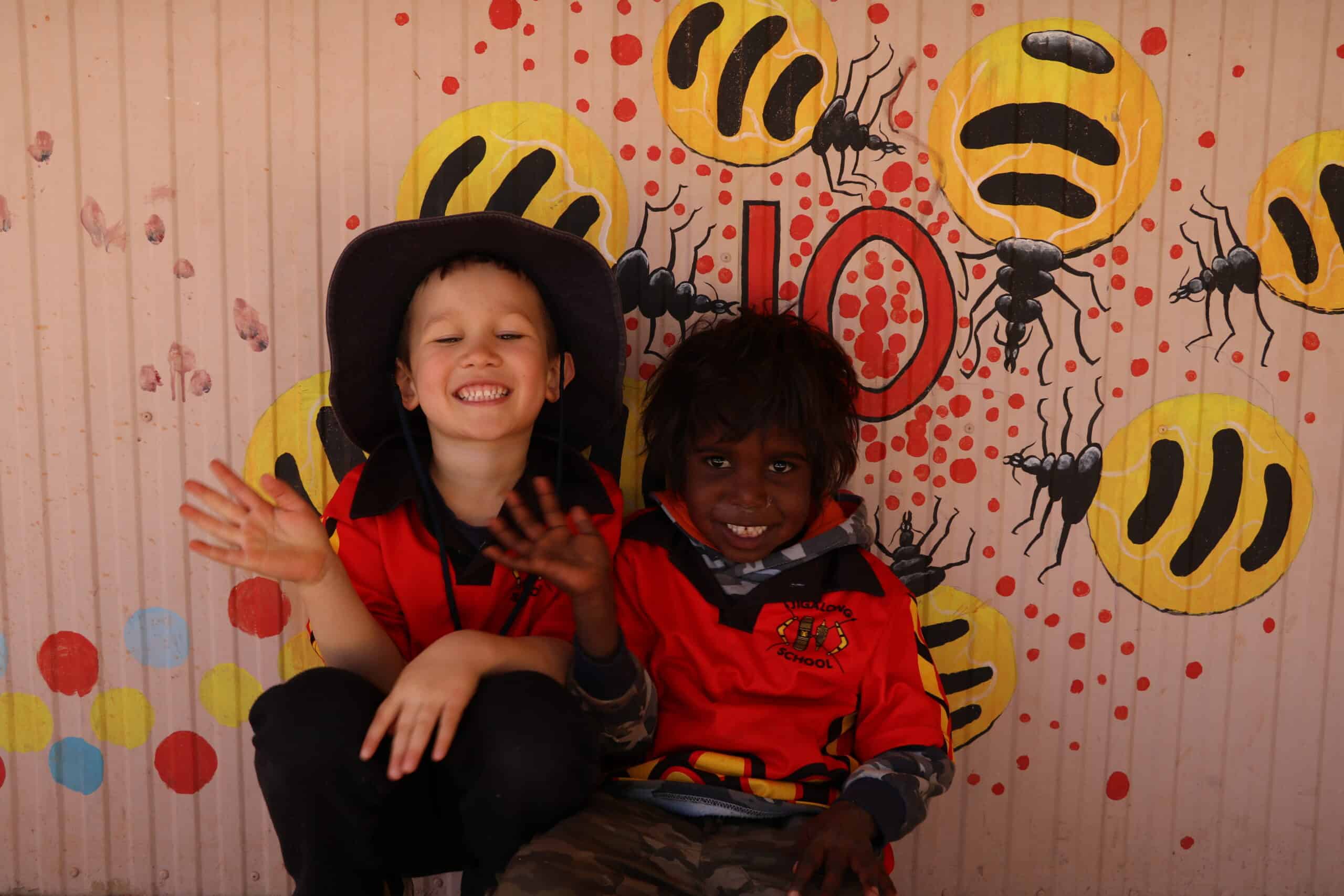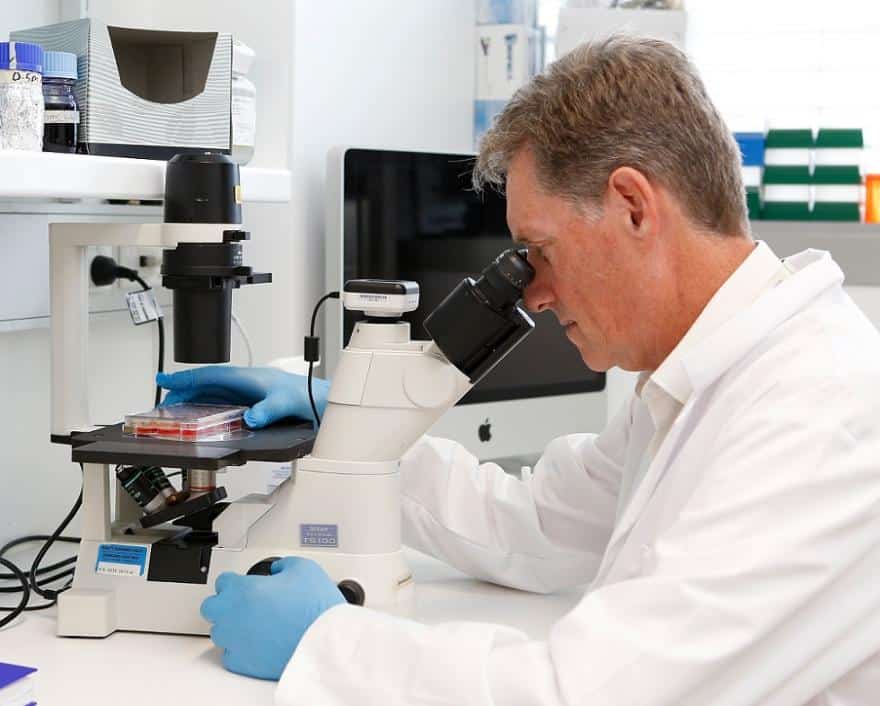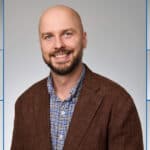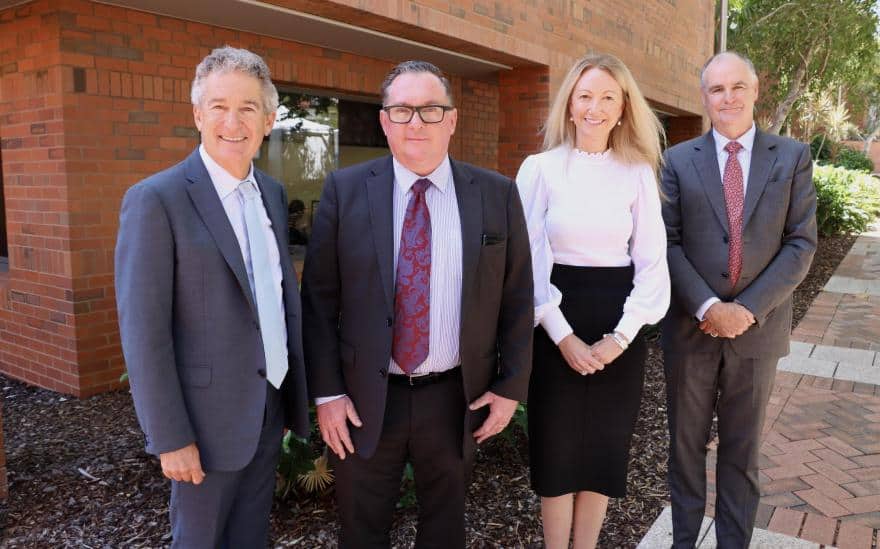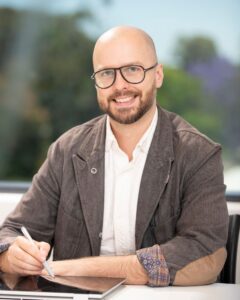
Christo Bester
Meet Dr Christo Bester, Research lead, Clinical Neurophysiology
- Driven to: enable people with a cochlear implant to have a level of hearing that allows them to participate fully in their community
- Excited about: protecting every adult and child who receives a cochlear implant now, so they can reap the benefits of advanced auditory research in the future
Q. Why do you do the work that you do?
A. I have seen the huge quality of life benefit from preserving people’s remaining natural ear function when they receive a cochlear implant. I believe we can improve surgery techniques so that more people can have this life-changing hearing experience.
Cochlear implants are highly effective devices and can provide incredible electrical hearing. There’s room to improve though. For example, cochlear implant surgery can damage the natural level of hearing a person has. This can mean now being in complete silence when you turn off your cochlear implant – which can be scary, stressful and limit the benefit received from the implant. I want to prevent this from happening during the operation and work to protect every recipient’s hearing for the rest of their life.
Q. What would you like to say to people who donate to Ear Science?
A. Your support of research is more important than ever. Thank you. It makes a huge difference.
Donations from the general community allow researchers to be more independent, boost both the quality and quantity of research, and enable more auditory scientists to see their research through to deliver real world benefits.
Q. What is an aspect of being an Ear Science researcher that you especially enjoy?
A. The close collaboration between the scientists, clinicians and clients means I gain a more holistic understanding of people’s implant experiences so I can help them better.
Ear Science is uniquely structured to enable diverse experts to work together to give people who receive an implant a better quality of life now. And I can better understand the gaps that still need to be fixed, prompting work to improve their future experience. Every scientist should regularly sit in a room with clinicians, and it happens all the time at Ear Science.
Q. What is a memorable moment from your career?
A. Being in the room after we successfully preserve a baby’s hearing during a challenging cochlear implantation. And being able to say to the parents, ‘Because of what we did today, your child will still have their natural hearing’.
It makes such a difference for parents to know that their child’s own ears will still detect sound and that we have done everything possible to protect those ears for their lifetime.
Find out more about Dr Bester and his recently awarded research grant.

